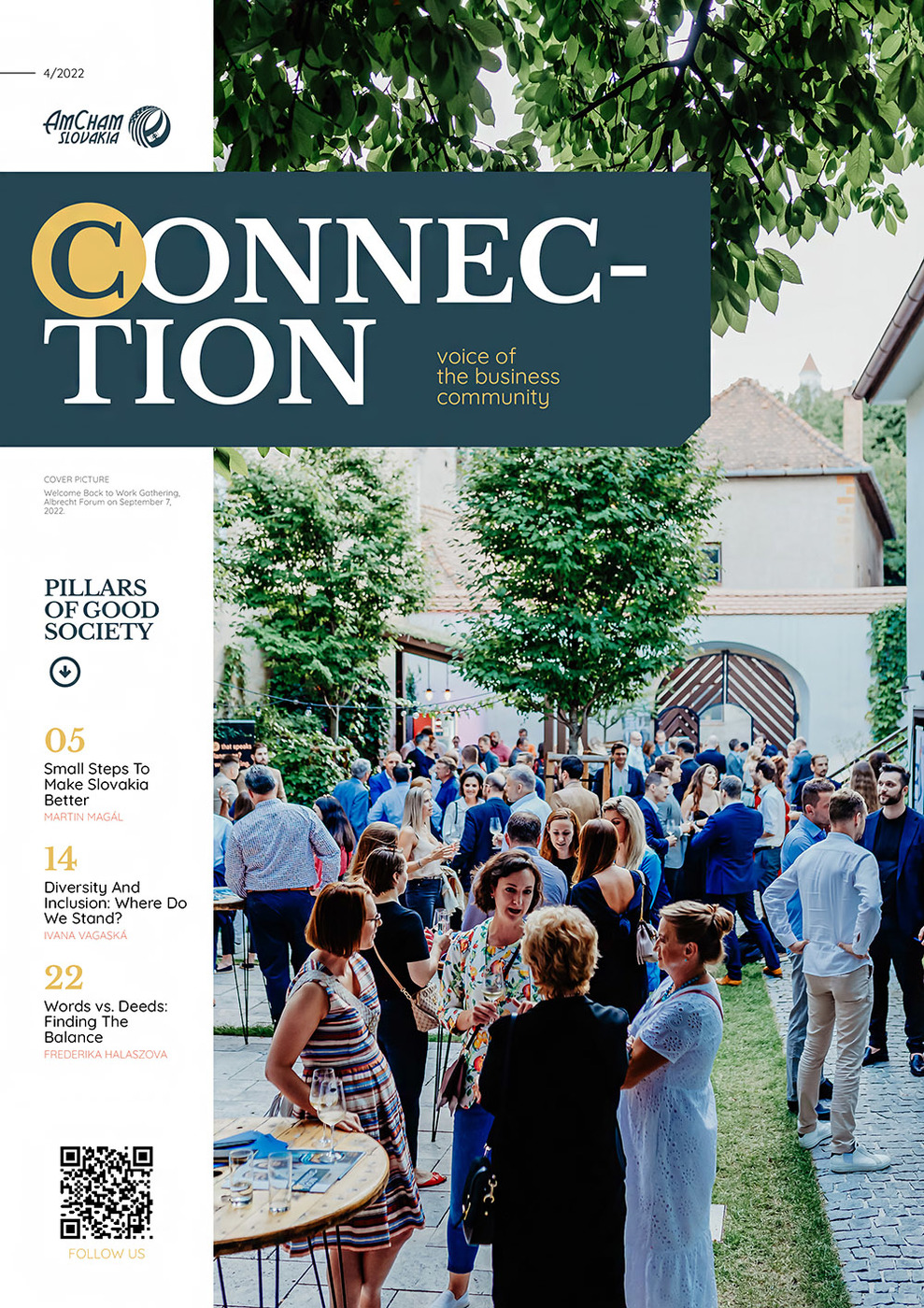Efforts to transform the EU and its economy towards a more green and sustainable model date back to the 1960s when environmental policy first appeared on the bloc’s political agenda. With different levels of regulations across the Member States posing the barrier to the Single Market functioning, by the 1990s the environmental issues became a primary policy interest for the EU policymakers. Over the past decade, the green transition has been a central priority across the EU and beyond. Moving the idea of an accelerated pace towards regenerative models that give back to the planet more than they take was advanced through various policy initiatives – inter-alia by the European Green Deal and the 2030 Sustainable Development Goals. But how to keep pace with the constantly evolving world around us?
Adapting to the current landscape requires coherent joint approaches to keep the green policy agendas on track. Nevertheless, there is a particular challenge that cannot be overlooked – a balance between synergies and trade-offs. The respective balance often acts as a decisive force in delivering results (in other words, determining whether results are achieved). Convening multi-stakeholder dialogue, as a platform to create synergies, has the potential to help fuel action and to address trade-offs as well. This is particularly relevant when it comes to (clashing) perspectives on moving green transition based on circular economy forward. On one hand, the face of an unprecedented crisis is seen as an essential enabler for making the transition happen as quick as possible. On the contrary, there are also voices underlining the importance of avoiding excessive burden for citizens and industries across the bloc.
 Achieving the continent’s climate neutrality by 2050 will (more than even before) require profound commitment from all relevant actors within the policy-business-society interface. Those can catalyze dynamic flows of information, evidence and insights to drive the transformative change forward. Yet again while considering that no one should be left behind. This approach thus does not ignore associated environmental, economic or social costs.
Achieving the continent’s climate neutrality by 2050 will (more than even before) require profound commitment from all relevant actors within the policy-business-society interface. Those can catalyze dynamic flows of information, evidence and insights to drive the transformative change forward. Yet again while considering that no one should be left behind. This approach thus does not ignore associated environmental, economic or social costs.
Record-high energy and food prices, disrupted supply chains, rising living costs as well as food security issues are putting pressure on planetary boundaries. This in principle means that a busy fall season can be expected within the European policy environment. An essential question has arisen and needs to be addressed – can the bloc translate its green and sustainability ambitions into concrete actions during a time of an ongoing and evolving crisis?
Joint solutions aligned to principles of unity and solidarity will play a crucial role in delivering the continent’s efforts to create the fit for a climate-neutral, resource-efficient and circular economy-based environment. The dialogue among diverse public policy discourse links (incl. the EU, national governments as well as businesses and civic societies) must therefore articulate differences and complementarities to co-create a mutual grounded understanding of what is feasible.
If this is not the case, there is a risk the policy agenda is pulled in different directions by often competing motives and interests of the stakeholders concerned (incl. political pressures). Finding a compromise will certainly not be easy, however, disability to achieve it would mean additional trade-offs are created and consequently, the achievement of policy goals on sustainable future could be hampered.
Considering the urgent need for action, this respective scenario is not a solution. Cooperation is. What is more, policy coherence should be strengthened (to support an integrated approach to the green principles across all policies). A shift to sustainable, resource-efficient economy can add value to the continent’s industrial base, create high-value, more durable consumer goods as well as new business opportunities on the competitive and well-functioning Single Market.
However, as the last years have shown and we are likely to witness in the future as well, the path of sustainability is a global issue facing diverse challenges. Thus, long-term competitiveness of the industry and a continued functioning of supply chains as well social wellbeing (incl. re-skilling process and taking advantage of new jobs) remain of critical importance.
It is high time to act – for a sustainable future that works for all and that eases pressure on the planet. Comprehensive actions are being taken (at various levels) but go-it-alone response is not sufficient. The aim of the coordinated approach through engaging stakeholders and bridging the gaps with a dialogue on multiple scales helps to ensure that long-term sustainability is not sacrificed for the sake of short-term expediency. Because living within the planetary boundaries can make a difference.
David BIELIK, Account Manager of FIPRA Slovakia



Follow us